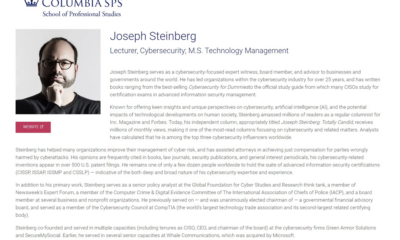You May Receive Seeds From China In The Mail – If You Do, Contact The Government And Do Not Plant The Seeds
Over the past few days, Americans across the country have reported receiving unsolicited packages of seeds sent to them in the US Mail, in envelopes that appear to have originated in China. Some of the packages are labeled with false content labels – sometimes indicating that the contents are jewelry.
The United States Department of Agriculture and officials from many of the 50 State governments have issued warnings not to plant any such seeds; the nature of the seeds is, as of yet, unknown to American authorities, and planting the seeds could be harmful to US agriculture or to the environment. The seeds could, for example, contain organisms not native to the USA that may destroy American crops if introduced in the USA, or could introduce diseases to native plants and/or be dangerous to pets, cattle, and other local animals – or even to humans.
According to a statement by the Department of Agriculture, it is working with the Department of Homeland Security and other federal and state agencies to investigate the situation.
If you receive seeds in the mail, please save the seeds and all of the packaging, including the mailing label, and contact your state department of agriculture or local law enforcement agency. In some cases, agencies may want to pick up the package from you, in others they may simply want a photograph of the seeds and the package. By the time that you read this, the website of your State’s department of agriculture may also provide detailed instructions as to what to do if you receive unsolicited seeds in the mail – state agencies are adding such information to their sites as I write this article.
While the mailed seeds could be an attempt at some form of biological attack against the United States, my suspicion is that they are more likely part of a cyber-scam in which scammers who intend to deceive buyers by posing as legitimate online retailers, or online sellers seeking to unscrupulously boost their sales, artificially and fraudulently obtain numerous positive reviews for their storefronts by placing orders with themselves, shipping inexpensive items to the “buyers,” tracking shipments to show consistent on-time delivery, and then issuing relevant bogus positive reviews.
As always, be vigilant when opening your mail. Scammers seeking to build reputations based on bogus purchase reviews (a process sometimes known as “brushing“) can send items other than seeds as well.













 CyberSecurity for Dummies is now available at special discounted pricing on Amazon.
Give the gift of cybersecurity to a loved one.
CyberSecurity for Dummies is now available at special discounted pricing on Amazon.
Give the gift of cybersecurity to a loved one.